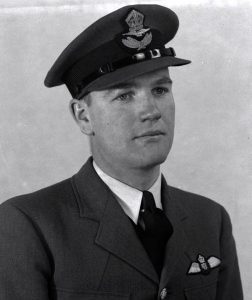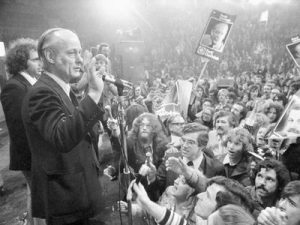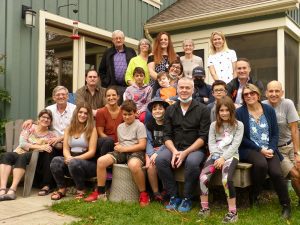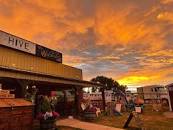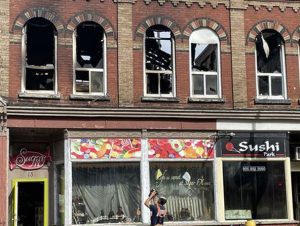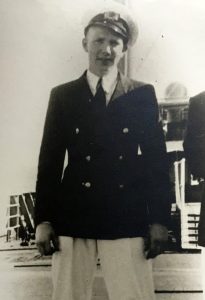
My friend and I arrived at the hotel restaurant last Saturday morning at the same time as a large family did. The waitress – who was doubling as the hostess – asked how many in the family party. And one of the women in the group began counting out loud the people they expected to join the group for breakfast. First it was six, then eight, and finally a dozen people. I watched the waitress’s eyes roll. She wasn’t happy.
“I’d have thought the waitress would be delighted having to serve a large group,” I mentioned to my breakfast partner, and I added, “Bigger tip.” When the waitress came back to seat my friend and me in another booth, I mentioned that to her. “Doesn’t serving a bigger group make you happy?”
“Not when I’m the only one serving the entire restaurant,” she said. “They just can’t find people to fill service jobs.” (more…)
